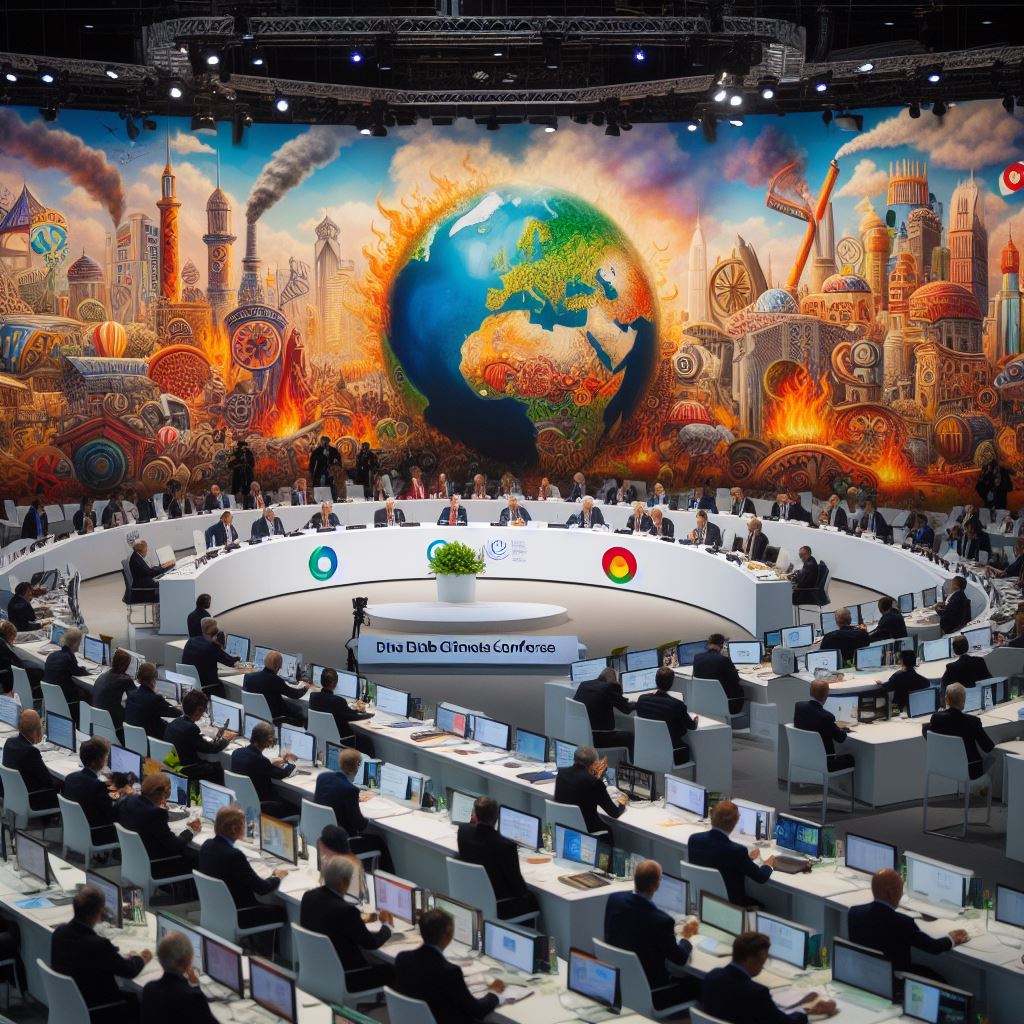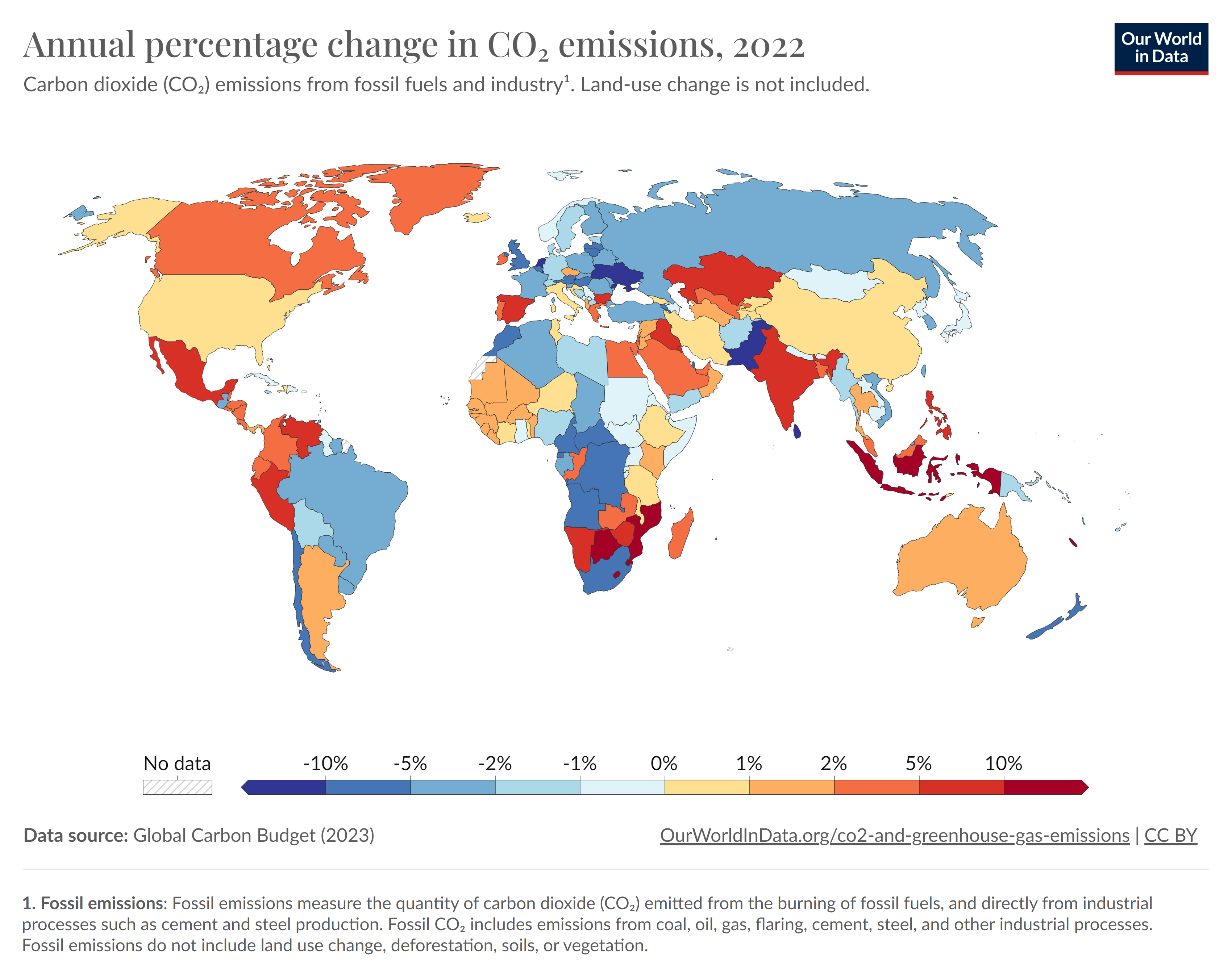COP28 Dubai: in search of a new global governance for climate change
COP is ineffective as it represents an expression of an obsolete method for governing the world.
Column by Francesco Grillo for the Italian newspaper Il Messaggero, Il Gazzettino, Il Mattino.

Last week, during the twenty-eighth United Nations Climate Change Conference held in Dubai, there was genuine concern about the occurrence of the singular disaster truly feared by institutions. Indeed, no one managed to overcome the now customary decision-making impasse, which, this time, revolved around the choice of the city to host the conference the following year. As organizational theorists know, the ultimate goal of any administration is to continue to exist. Some institutions prefer that the problem for which they were created remains untouched, just to continue convening. In the end, it was decided that the next COP29 would take place in Baku, Azerbaijan. However, this decision highlights, in an even more dramatic manner, the central problem in which the method used to address major global issues has found itself sinking. A problem of which climate change represents only the most striking case.
Attending the summit on climate change is undoubtedly an experience, especially for the students who accompanied Vision this year. The atmosphere is a mix of the grandeur of major world expos and the camaraderie found in the athletes' village during the Olympics. In just a few meters (and for the five kilometers separating this year's COP entrances), one can encounter Brazilian activists, Estonian start-up enthusiasts, Nigerian ministers, and prominent consulting firms. However, the feeling is that, while useful and enjoyable on a personal level, COP is an entirely inadequate tool in relation to the magnitude of the problem we continue to regard as the greatest threat humanity has ever faced.
The prevalent perception of COP is that of a colossal organizational effort that falls short, precisely because of its enormity. The Dubai edition set records by hosting a hundred thousand people, incurring approximately 300 million € in delegate travel expenses. The planes that transported participants emitted four hundred thousand tons of carbon dioxide, equivalent to half the total emissions produced by 58 million Italians in a day. More significantly, the larger the event, the smaller the results seem to be. In 2016, during one of the more successful COPs in Paris, 195 countries collectively pledged to reduce emissions by 43% by 2030. However, by 2023, emissions had increased by 7% instead of decreasing.

Currently in Dubai, there's a checklist of around thirty decisions to be addressed. Yet, even on the sole issue where consensus is reached—the creation of the "loss and damage" fund to compensate developing countries for climate change damages—the agreement doesn't address the numerous other challenges that must be resolved before the fund can effectively function. COP fails because it reflects a method of global governance (multilateralism led by international organizations) that no longer works. Deciding through endless negotiations among 198 countries, seeking consensus from all, is senseless. In the end, the most cunning political leadership prevails, as with all major global problems.
All COP conferences—from the 26th in Glasgow to the 30th in Brazil—will take place in countries among the top fifteen oil exporters. The choice of Baku, Azerbaijan, came for an edition that was due for Eastern Europe. The European Union could have insisted that Prague or Sofia host the next conference, at least this time. Instead, Azerbaijan emerged victorious due to the withdrawal of its competitors.
COP doesn't work, and the European Union merely watches, complains, and divides itself (as happened, incidentally, with Rome's bid for EXPO). It should be from Europe, from the West, that an ambitious idea for the reorganization of global governance should emerge, if we still remotely consider ourselves heirs to the Enlightenment. Instead, in the paralysis of those who have lost confidence and trust, those with few but clear ideas about their own interests prevail. In this context, we might even legitimately withdraw from our commitments, removing limits on the circulation of EURO 3 cars.
It's true that it wouldn't make much difference now in the face of the larger battle. However, the true challenge, for a continent that never felt so old like now, is to regain a comprehensive vision in a world that seems to have given up on us.

